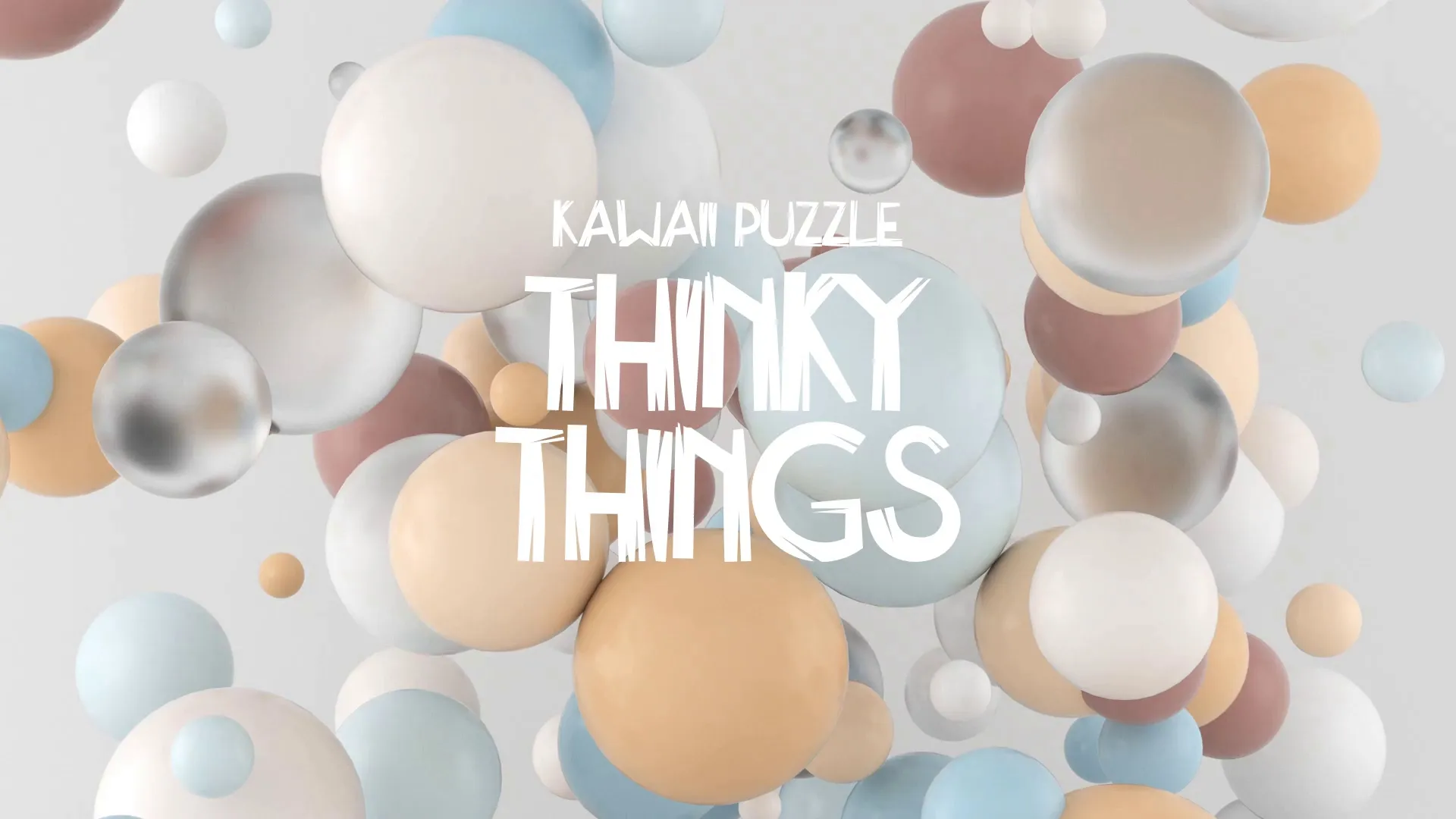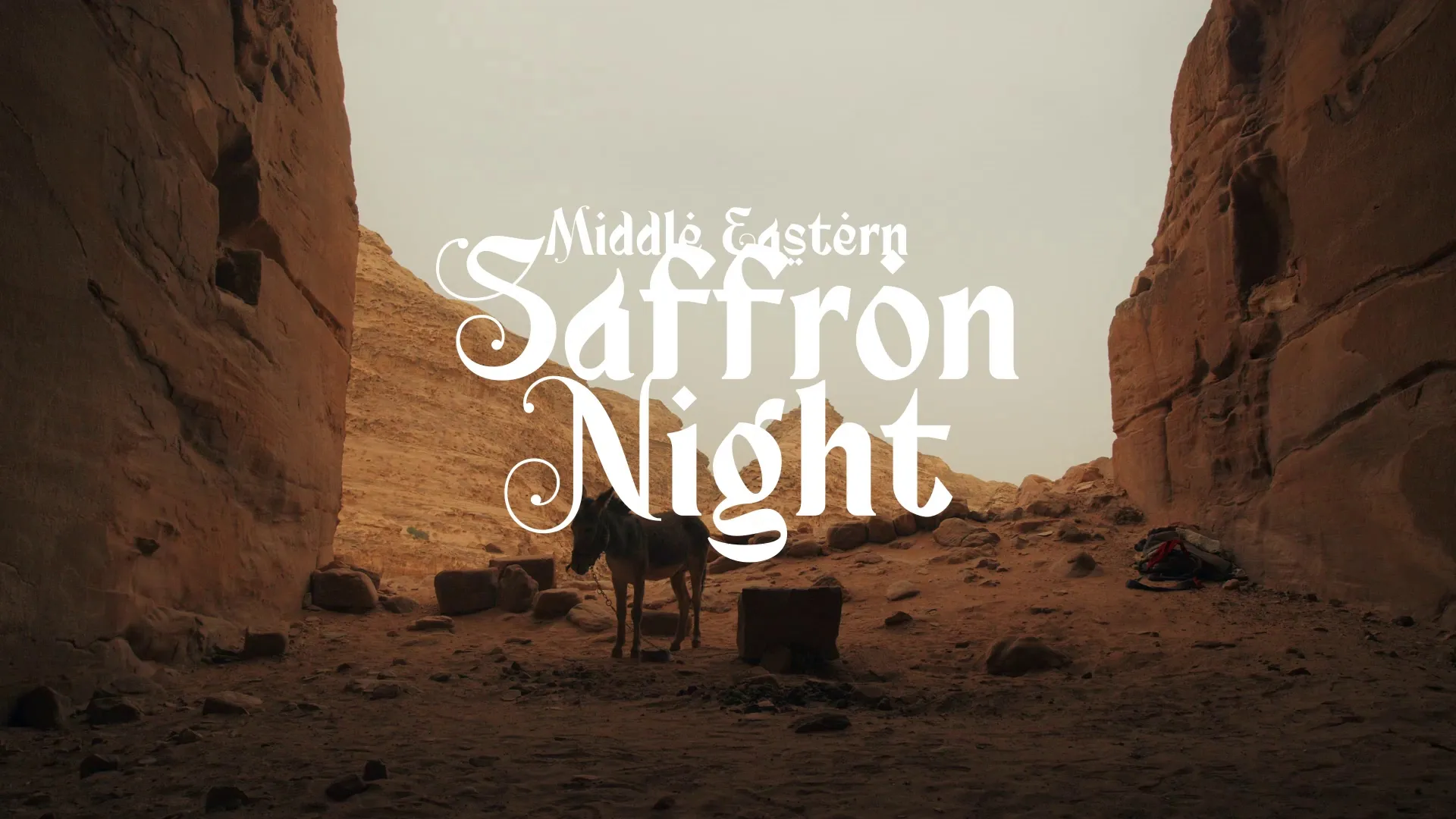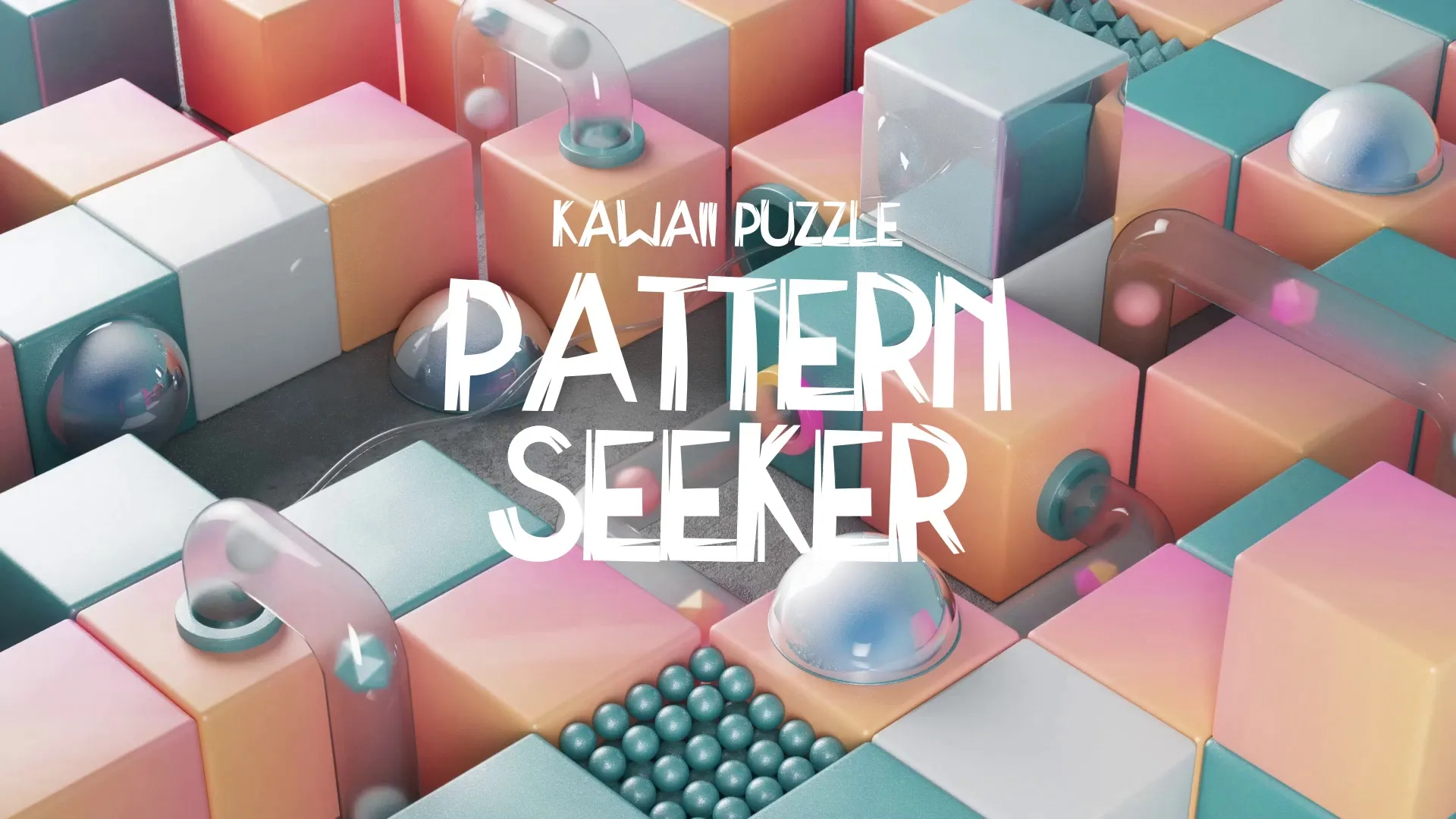Integrating AI in Game Development: Optimizing Workflow from Code to Assets
Integrating AI in Game Development: Optimizing Workflow from Code to Assets
Artificial intelligence is fundamentally reshaping game development. Developers can now leverage AI to streamline processes from initial code to final assets. This integration offers significant opportunities for efficiency and innovation.
AI for Code Generation: Accelerating Development
AI code generation for games is no longer a futuristic concept. Tools are emerging that assist with boilerplate code, script templates, and even complex logic structures. This accelerates the initial coding phase, freeing developers to focus on unique gameplay mechanics.
Consider using AI to generate common utility functions or to suggest code improvements. AI can analyze existing codebases and identify patterns for refactoring, enhancing code quality and maintainability. For guidance in your game design and initial coding phases, explore tools like Copilot.
Integrating AI in game workflow for coding extends to automated testing. AI can generate test cases and even identify potential bugs before manual QA, significantly reducing development time. This proactive approach to error detection improves overall project stability.
AI for Game Asset Creation: Enhancing Visuals and Audio
Game asset generation AI is rapidly maturing, offering solutions for visual and auditory elements. AI can generate concept art, textures, and even basic 3D models. This drastically cuts down on the time traditionally spent on asset production.
Tools that leverage AI can create variations of existing assets or generate entirely new ones based on descriptive prompts. For instance, generating environmental textures or character clothing patterns becomes a much faster process. Explore AI-powered concept art generation with tools like Canvas.
Beyond visuals, AI is also making strides in audio asset creation. It can generate sound effects, ambient tracks, and even musical scores tailored to specific in-game situations. This allows developers to enrich their game’s soundscape without extensive manual composition.
Optimizing Game Development with Machine Learning: A Holistic Approach
Optimizing game development with machine learning involves more than just individual task automation. It’s about creating a more cohesive and efficient pipeline. AI can act as an intelligent assistant, identifying bottlenecks and suggesting solutions across the entire production cycle.
Machine learning algorithms can analyze player data during playtesting to provide insights into level design, difficulty balancing, and user experience. This data-driven approach allows for more targeted iterations and improvements.
AI can also manage project resources more effectively, predicting task durations and allocating team members based on their skill sets. This predictive analytics capability helps maintain development momentum and prevents project delays.
Navigating Common Pitfalls in AI Integration
While the benefits are clear, integrating AI in game development comes with challenges. Over-reliance on AI can lead to generic outputs, lacking a unique artistic vision. Developers must maintain creative control and use AI as a tool, not a replacement for human creativity.
Quality control remains paramount. AI-generated assets or code often require human review and refinement. For example, while AI can generate a 3D model, manual adjustments, like ensuring Blender: How to Flip Normals correctly, are still crucial for proper rendering and performance.
Another pitfall is intellectual property and licensing. Developers must ensure that the AI tools and the data they are trained on are legally sound for commercial use. Always verify the terms of service for any AI service you integrate into your workflow.
Create a free account, or log in.
Gain access to free articles, game development tools, and game assets.








.webp)











.webp)


